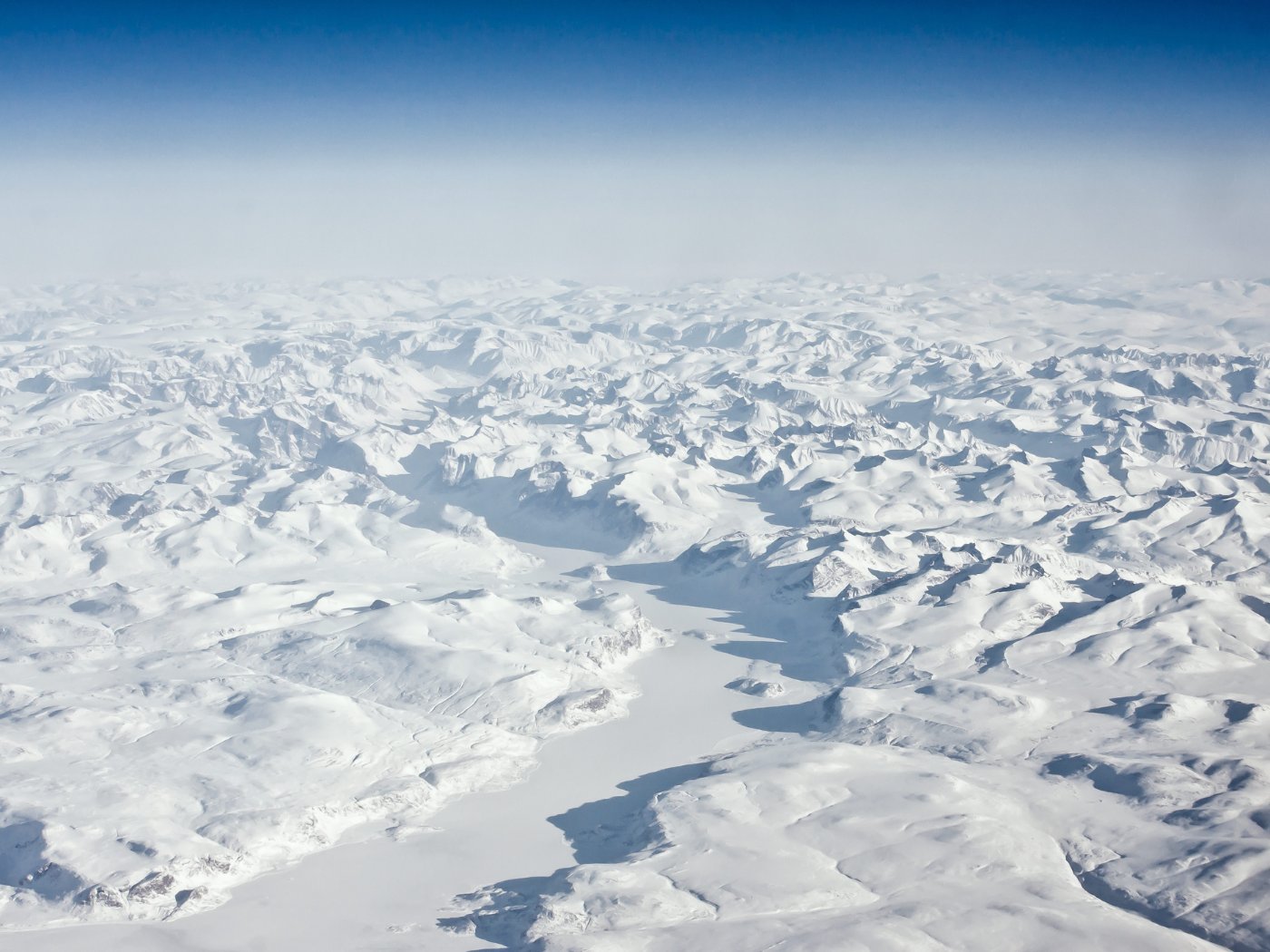Recently, Camilla Hempleman-Adams, a British traveler, embarked on a journey across Canada’s Nunavut territory, trekking and skiing a 150-mile-long (241-kilometer-long) path from Qikiqtarjuaq to Pangnirtung. Following the completion of her expedition, she claimed to be the first solo woman to have traversed Baffin Island, Canada’s largest island. However, this declaration has sparked significant backlash from the indigenous community in Nunavut.
According to a report by the BBC, members of the local Inuit population have refuted Hempleman-Adams’ claim, stating that it disregards indigenous history and perpetuates a “dangerous colonial attitude.” In response to the criticism, Hempleman-Adams has issued an apology for the offense she caused.
Prior to her expedition, Hempleman-Adams stated on her website that “Parks Canada has confirmed that there are no historical records of a female solo attempt from Qikiqtarjuaq to Pangnirtung,” as cited by the BBC. After completing her journey on March 27, various outlets reported on her apparent record-breaking achievement.
Gayle Uyagaqi Kabloona, a member of the local Inuit community, expressed her concerns in a social media post, stating: “Last week, news emerged about a British ‘explorer’ who became the first woman to solo traverse Baffin Island… However, it was actually a 241km ski across Cumberland Peninsula, not Baffin Island (which is 1500km). Upon closer examination, a more significant issue becomes apparent: the erasure of Inuit people from our own lands.” Kabloona continued, “In news coverage, Baffin Island is often described as uninhabited, with minimal life. It is unacceptable for a British colonizer to come to Inuit Nunaat in 2025 and claim any firsts.” The term “Nunaat” translates to “homeland.”
In her post, Kabloona appealed for help to “call out this ignorant and racist behavior” and requested that Hempleman-Adams apologize and the BBC retract its coverage. Although Kabloona did not explicitly state it, the sentiment is clear: it is likely that a solo indigenous woman crossed Baffin Island before Hempleman-Adams, even though neither the Inuit Heritage Trust nor Parks Canada maintains such records. Kabloona explained to the BBC that these records do not exist because such journeys were “a normal way of life” for indigenous people.
For instance, Kabloona’s grandmother would often walk hundreds of kilometers each year, sometimes while pregnant, “to reach Spring fishing and Winter caribou hunting grounds, as that was a part of life.” She emphasized that “every inch of this continent has indigenous history and stories like this,” in the same social media post.
In a statement to CBC News, Hempleman-Adams reiterated that she had verified her potential claim with Parks Canada and wilderness experts in Qikiqtarjuaq and Pangnirtung before embarking on her expedition.
However, she added, “If this information is incorrect, I apologize unreservedly for making an incorrect claim and for causing offense.” Hempleman-Adams expressed her deep respect for the land, its people, and their history, stating, “I have traveled in this region multiple times and hold immense admiration for its nature, culture, and traditions… and I remain committed to learning from this experience and engaging with the community with the utmost respect.”
Hempleman-Adams has deactivated her Instagram account and deleted her expedition blog.





